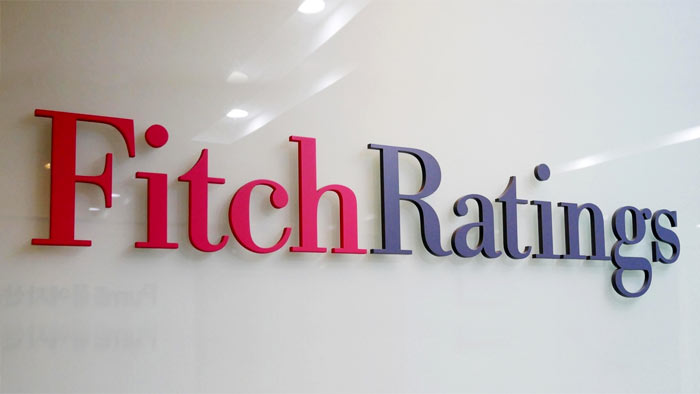Tariff hike not enough to cover Ceylon Electricity Board’s operating costs – Fitch Ratings

Despite the sharp electricity tariff revision in August, it would not be enough to cover the Ceylon Electricity Board’s (CEB) operating costs, according to Fitch Ratings. The government increased the average electricity tariff by 75 percent in August 2022, amid higher feedstock costs, resulting in large losses for the CEB.
“We do not believe the new tariff will be sufficient to cover the CEB’s operating costs at current feedstock prices but it should help to reduce losses,” Fitch Ratings said. “However, if feedstock costs fall from the current highs and the CEB is able to shift its generation mix towards renewable energy, which is less costly than thermal power, it could help the CEB to breakeven and improve its financial flexibility,” it added.
The CEB generates almost 50 percent of its electricity from thermal sources and imports all its feedstock requirements. It has had increasing difficulty paying for feedstock in the past 12 months, amid the country’s severe foreign currency shortage. The suppliers have refused to sell feedstock on credit terms, in light of Sri Lanka’s poor financial profile.
The government has helped the CEB by prioritising fuel imports and providing foreign currency to pay for purchases but procuring feedstock will continue to remain challenging, with the country’s weak external finances.
Meanwhile, Fitch Ratings said the CEB owed Rs.105 billion to independent power providers (IPPs) and renewable energy generators as of end-August 2022, a 120 percent increase since end-2021. Due to non-payment, some IPPs have stopped supplying to the grid, while the smaller players are facing significant liquidity issues.
The CEB plans to settle the dues in the next 12 months, with the support of the tariff hike and by negotiating new funding lines. Fitch estimates around Rs.175 billion of additional cash receipts annually from the tariff hike but points out that timely collection could be challenging in the weak economic environment. Fitch Ratings has affirmed the CEB’s National Long-Term Rating at ‘AA-(lka)’, with a Stable Outlook. The CEB is the country’s monopoly electricity transmitter and distributor and accounts for around 75 percent of power generation.
Latest Headlines in Sri Lanka
- Arjuna Ranatunga, brother indicted over CEYPETCO loss January 22, 2026
- GMOA announces 48 hour nationwide hospital strike January 22, 2026
- Nuwara Eliya records 3.5°C as Sri Lanka sees sharp temperature drop January 22, 2026
- CEB trade unions warn of action from February 01 over unresolved issues January 22, 2026
- IMF delegation arrives in Sri Lanka to assess Cyclone Ditwa impact January 22, 2026


